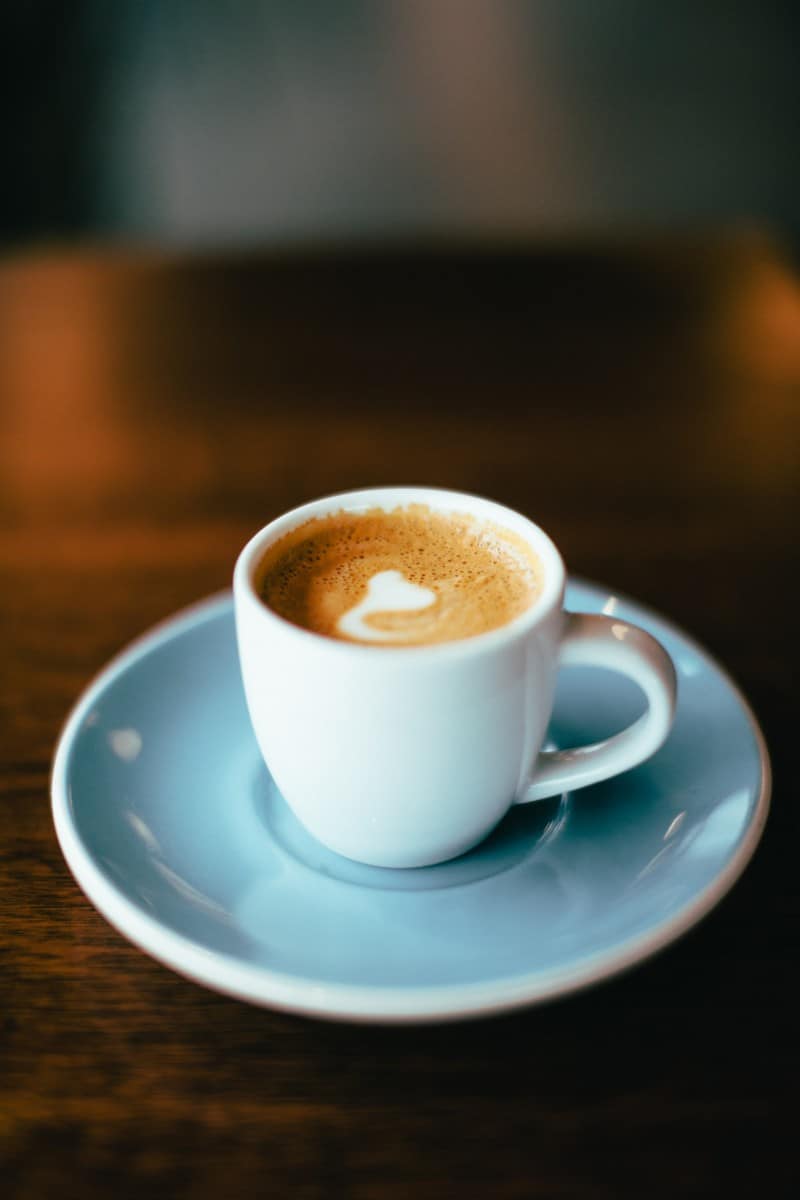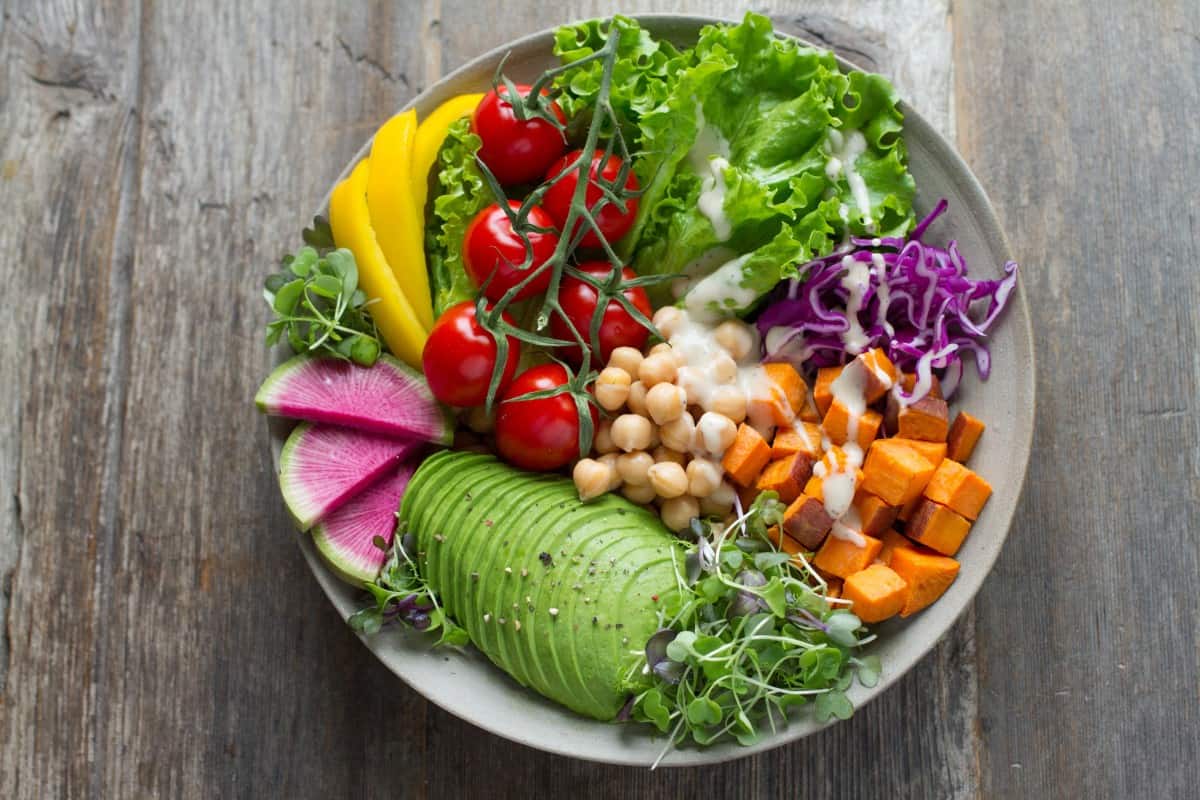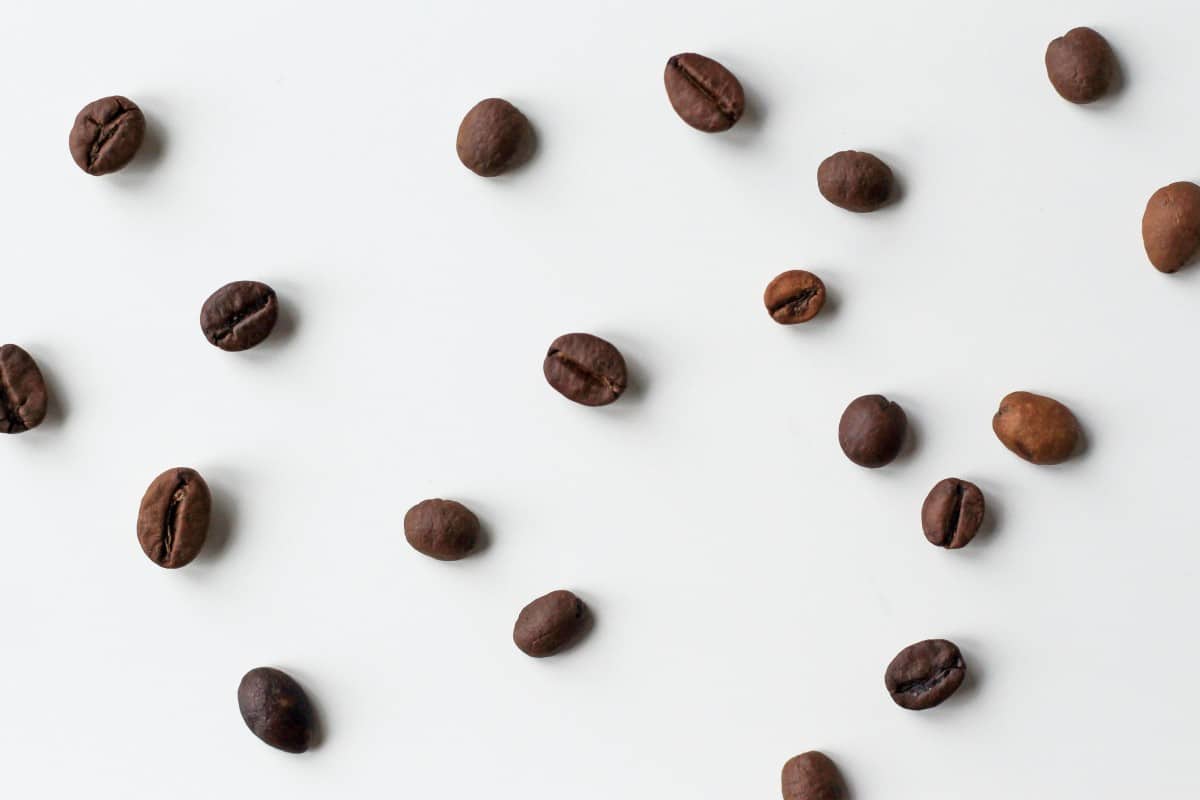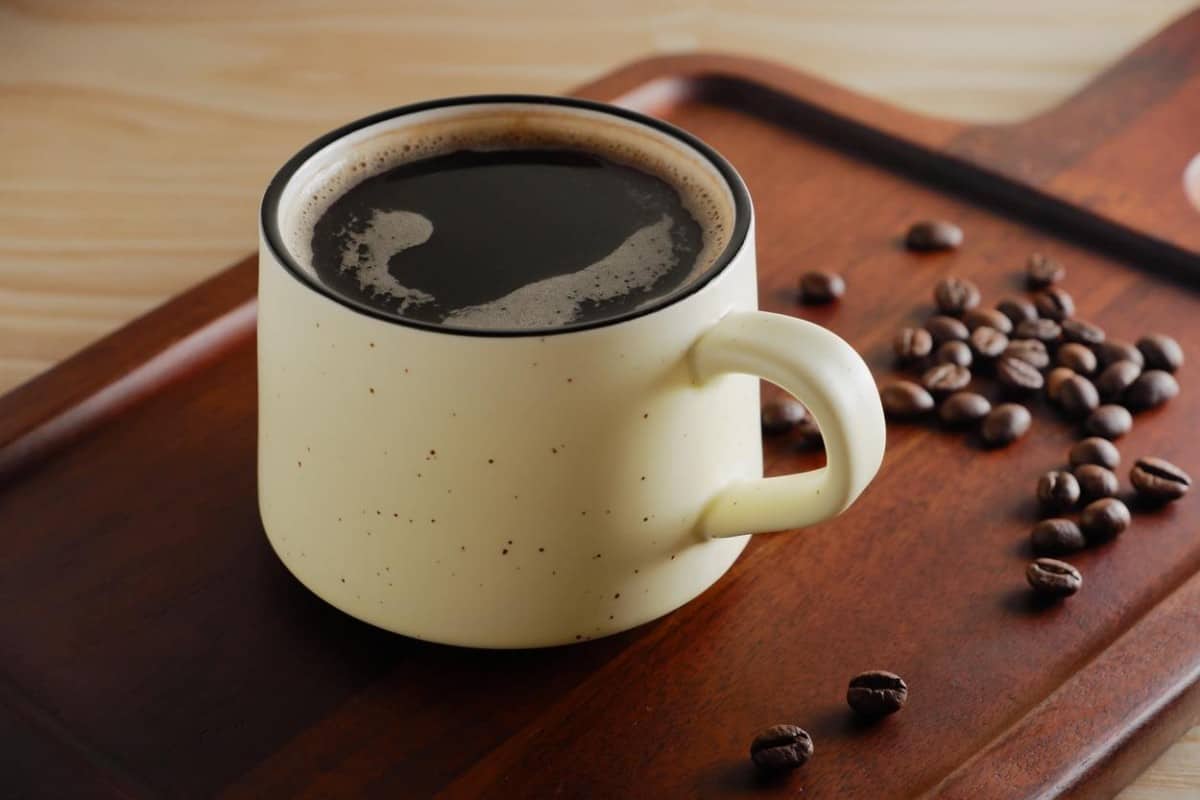Coffee is a popular beverage around the world, mostly consumed because of caffeine. The energy jolt from caffeine helps us wake up when we are too drowsy. But coffee in moderation is beneficial and beyond limits is harmful.
iron is a crucial nutrient needed to carry oxygen throughout our bodies. An iron deficiency due to coffee can be very risky, right? So, how does it actually affect your iron?
Coffee does not contain any iron, but it can affect your iron levels. This is because the caffeine and the chlorogenic in coffee can hinder your body’s iron absorption. The stronger the coffee you drink, the higher the chances it will prevent iron absorption.
Coffee does affect the iron levels in your body. It can lower the iron absorption rate. Caffeine and the chlorogenic acid found in coffee have the ability to hinder iron absorption in your blood.
Let’s dive deep and find out what actually happens to your iron levels when you consume coffee.
Does Coffee Affect Your Iron Levels?

Coffee does not affect the already absorbed iron in your body. But it inhibits the further absorption of iron in your body. This may lead to iron deficiency.
Iron is one of the crucial nutrients necessary for the body. It is necessary for blood production and its deficiency can lead to serious disorders like anemia.
Generally, iron can be found in many foods that we consume daily. Iron is required by our bodies to supply oxygen to all parts of our bodies.
Red blood cell contains hemoglobin which consists of mostly hemoglobin. So, what if coffee affects your iron levels? Well, directly it doesn’t affect your iron levels.
Coffee’s most potent components are caffeine and chlorogenic acid. Both of these can inhibit iron from getting absorbed further into our bodies. The already absorbed iron does not get affected by these.
But the new absorption rate of iron gets slower and slower. The more you drink coffee the slower it will get. See, drinking coffee in moderation does absolutely no harm. But when your coffee drinking becomes excessive, you are setting up your body for a health disaster.
Also, coffee is one of the biggest suppliers of antioxidants for Americans. So why not reap its benefits by consuming it in advised quantities? But one more thing to remember is that caffeine is found in many drinks like soda or energy drinks.
If you also consume one of these beverages along with coffee, the high amounts of caffeine may hinder iron absorption to a great extent.
This video explains in much more detail.
Is Coffee Bad For Anemia?
Coffee can be bad for anemia. It would be mindful of you to lower down your coffee intake if you are anemic. Being anemic, your body is already running low on iron, therefore coffee causing iron absorption hindrance may lead to some serious health issues.
Coffee is a great beverage for your body. Given that it contains antioxidants and also helps your body against many diseases.
But most people are hooked on coffee, not because of its benefit, but because of the caffeine jolt, you get instantly energized early morning or even mid-day. But what if you have anemia? This shouldn’t stop you from having coffee, right?
Unfortunately, it should. Anemia is a blood condition that happens when you are lacking enough hemoglobin in your red blood cells or your red blood cell count is dropping. And iron is mostly present in hemoglobin and is even required to generate new red blood cells. Therefore, an iron deficiency can lead to anemia.
Some common symptoms of anemia include:
- Dizziness
- Shortage of breath
- Pale skin
- Tiredness
- Feeling cold all the time
- Fast heartbeat
There are other causes of anemia as well. But the most prominent cause of anemia is iron deficiency. This iron deficiency is not only linked with coffee, but it can happen due to several reasons.
Anemia caused by iron deficiency can be caused by:
- It can either be from losing large amounts of blood quickly (such as in a serious accident) or it can happen over time as small amounts of blood are lost. Food cannot replenish more iron lost to blood loss than what the body is able to replace through diet. People with inflammatory bowel disease or heavy menstrual periods can experience this.
- A diet lacking enough iron.
- Iron requirements increase during pregnancy or illness.
Therefore, a sensible decision for anemic people would be to cut down on coffee intake. Do not let your body suffer unnecessarily.

Below I have made a chart for iron-rich foods and the quantity of iron they have. Have a look if you have low iron levels and incorporate these foods into your daily diet.
| Foods | Quantity | Amount of Iron |
| Eggs | 2 | 1.68 mg |
| Spinach | 1 cup | 3.72 mg |
| Raw Oyster | 5 | 3.23 mg |
| Lentils | 1 cup | 6.59 mg |
| Chickpeas | 1 cup | 3.7 mg |
| Pumpkin seeds | 1 oz | 2.7 mg |
How Long Should You Wait To Drink Coffee After Taking Iron?
Typically, it is advised to take a gap of 2 hours after you had your iron supplement or iron-containing foods before you sip on coffee. As coffee in the system will not let the iron get absorbed in your body and there will be no use in consuming iron-rich foods or supplements.
As discussed above, coffee can make your body absorb less iron. The potent substances of coffee are to blame. Though coffee directly does not affect the iron level of your body, it does impact the absorption.
When you sip coffee, you immediately feel its effects like alertness and less tiredness overall. That is because caffeine act quickly. Caffeine which is a powerful compound can stay in your system for up to 10 hours after you consumed it. But after 6 hours the effects start to decrease making caffeine less and less powerful.
This indicates that you should not have coffee and iron together. Because the iron will not get absorbed while the caffeine is present in your system. You should at least wait for 2 hours typically after taking iron before you can grab your cuppa and go on about your day.
This way, the caffeine will lose its intensity and the iron will get absorbed in your body.
Does Coffee Interfere With Iron Absorption?
Coffee does not have the ability to lower your iron levels. But it does have the capability to stop your body from absorbing further iron.

According to this study, a cup of coffee hindered iron absorption by 39% when paired with a meal like a hamburger. This goes to show that coffee does inhibit iron absorption.
People around the globe prefer to drink coffee on a regular basis. Some like it with dairy and some prefer a straight-up black coffee.
Whatever your preference may be, the fact that coffee has become a basic necessity in our lives cannot be ignored. Our busy schedules and many tasks at hand, do not give us the room to rest much.
Hence coffee comes into play. The caffeine from your joe gives an instant boost which is required to complete the task at hand. This extra energy suffices us to get through our day without having to leave a task mid-way.
But caffeine from coffee and the chlorogenic acid which is responsible for the bitter taste of coffee can make your body incapable of absorbing iron from foods or supplements.
These two are active components in coffee. Therefore, coffee should be taken in moderation if you are facing difficulty in getting your iron levels maintained. Over-dosing on coffee will eventually make your body exhaust its already absorbed iron and will not be able to absorb new iron from any source.
Decaf Coffee And Iron Absorption
If you cannot stop drinking coffee while having an iron deficiency, you can opt for decaf coffee. The main cause of coffee inhibiting iron absorption is caffeine and chlorogenic acid. And decaf contains less than 5 percent of caffeine.
Coffee as a whole doesn’t directly harm your body or deplete iron completely. But since it halts the absorption of iron gradually, you can search for another alternative to regular coffee.
Decaffeinated coffee is a great alternative for people who are hooked on coffee and cannot seem to cut back on it. But how? That’s because of the way regular coffee beans are treated to turn them into decaf variety.
Regular coffee beans contain many organic compounds. The raw beans are roasted to give them the taste and aroma that we are all fond of. But part of roasting is also the reason to kill some of the harmful compounds.
In a nutshell, regular coffee beans can be converted into decaffeinated beans. It’s processed by heating and washing the beans in water and chemicals to remove the caffeine and other components from the beans.
Almost 97 percent of these compounds get removed. And about 3 to 4 percent of caffeine is left behind in the beans. That’s the reason decaf coffee may taste flat to some people.
These beans can be suitable for anyone who is lacking iron and wants to increase their iron levels without giving up on coffee entirely.
My Thoughts
Coffee is an excellent drink to have early in the morning. It gives so many nutrients and antioxidants to our body, unlike any other beverage.
But some people tend to consume it in excessive quantities. This may lead to serious issues like your body lacking iron. Though coffee cannot harm iron levels it can make your body stop absorbing any more iron from any source whether that is from foods or supplements. I wrote a different article similar to this topic that you can check out if you’re interested.
Iron is a crucial nutrient needed by our body. Iron is used mostly for blood production. The red blood cells cannot carry oxygen without iron. Plus, iron is also used by our body to generate new red blood cells.
So, a lack of iron can lead to many health risks. It’s best for people who are facing iron deficiency called anemia to cut back on coffee. But if they can’t commit, they can choose decaffeinated coffee over regular coffee.

